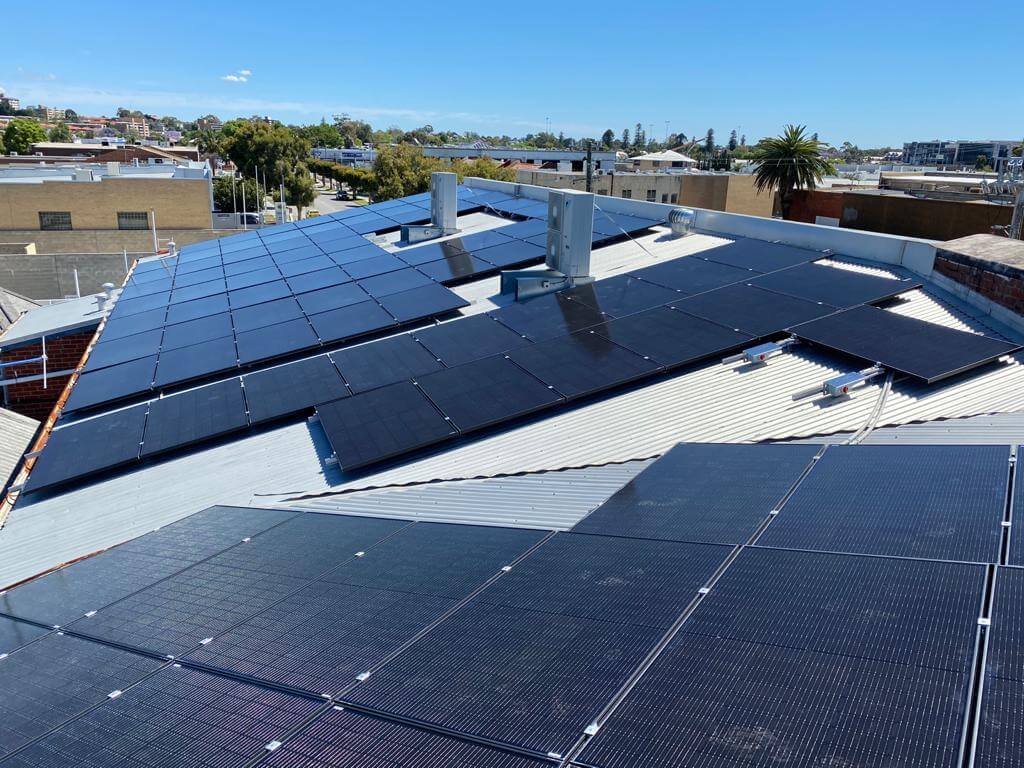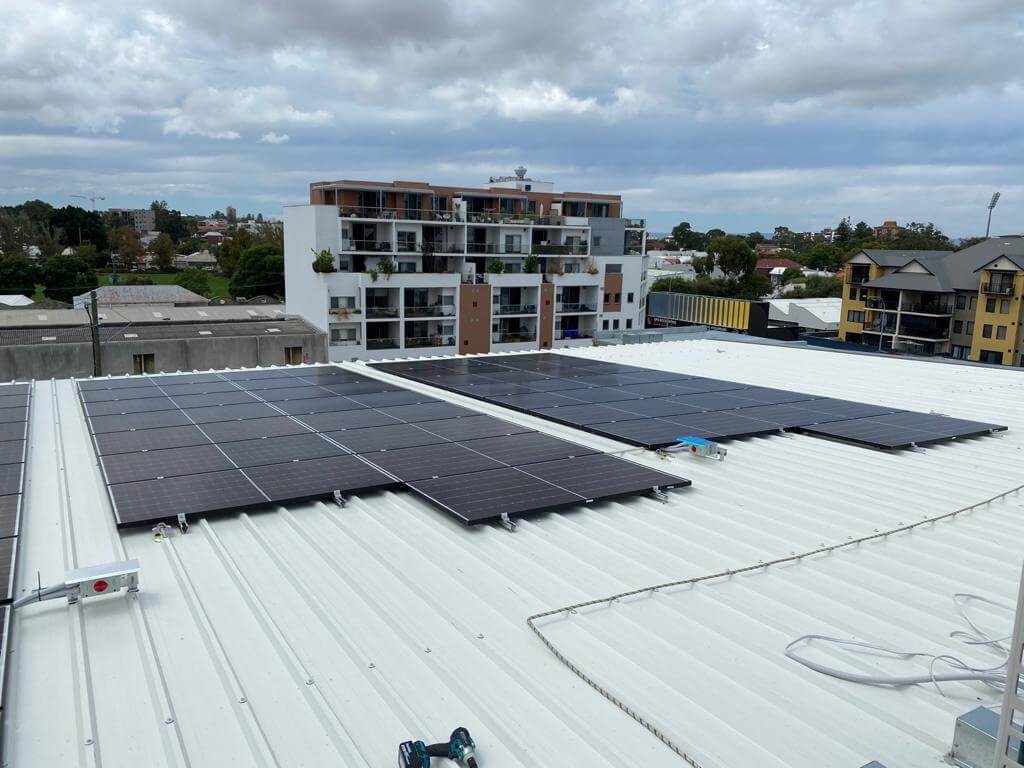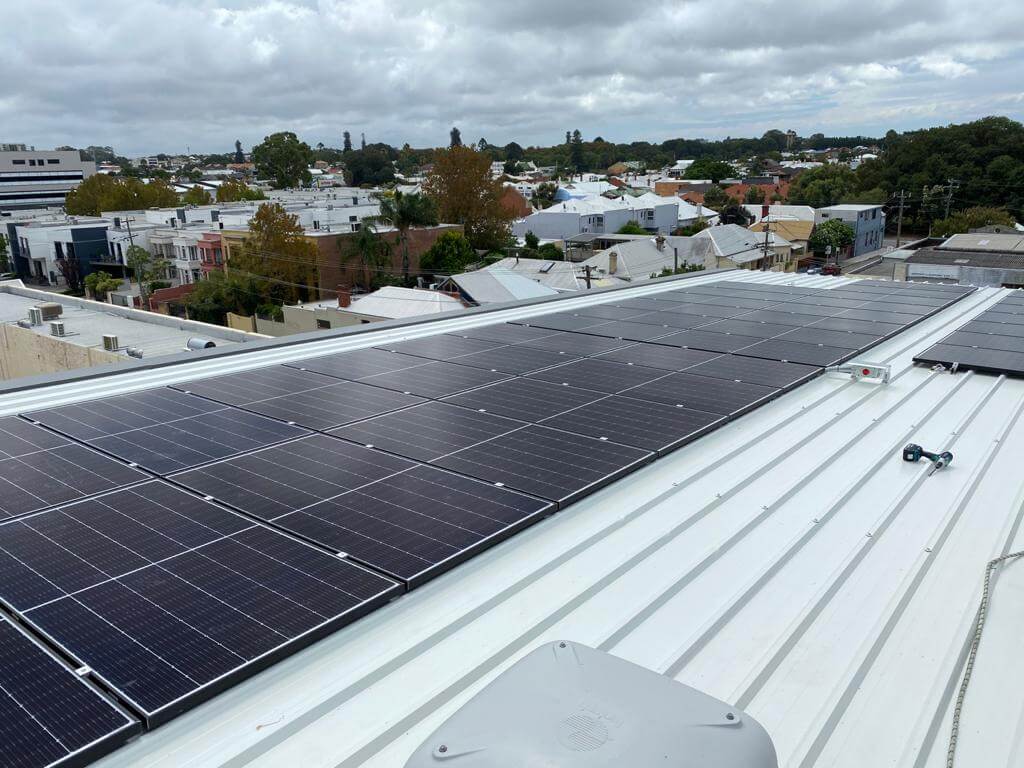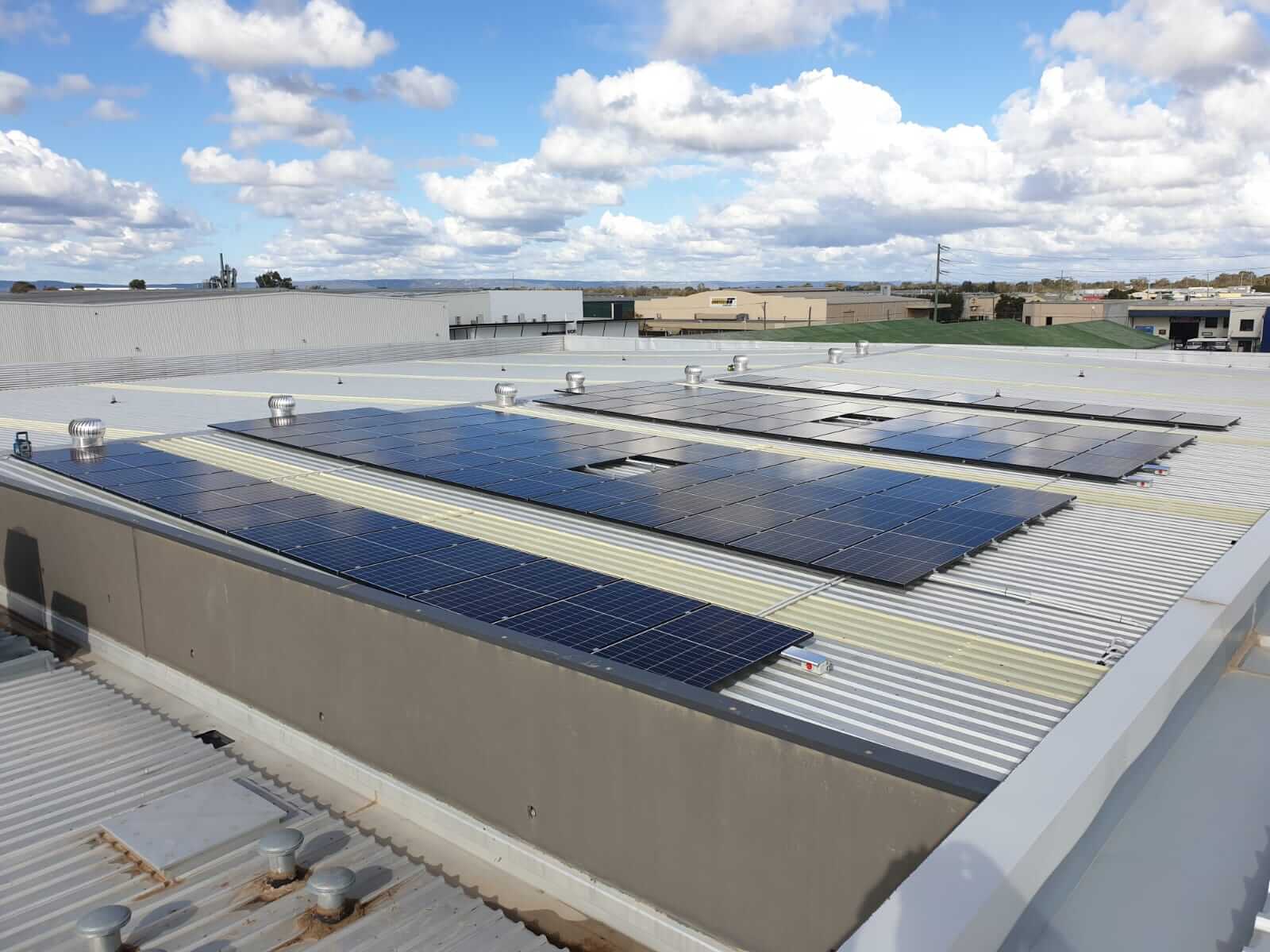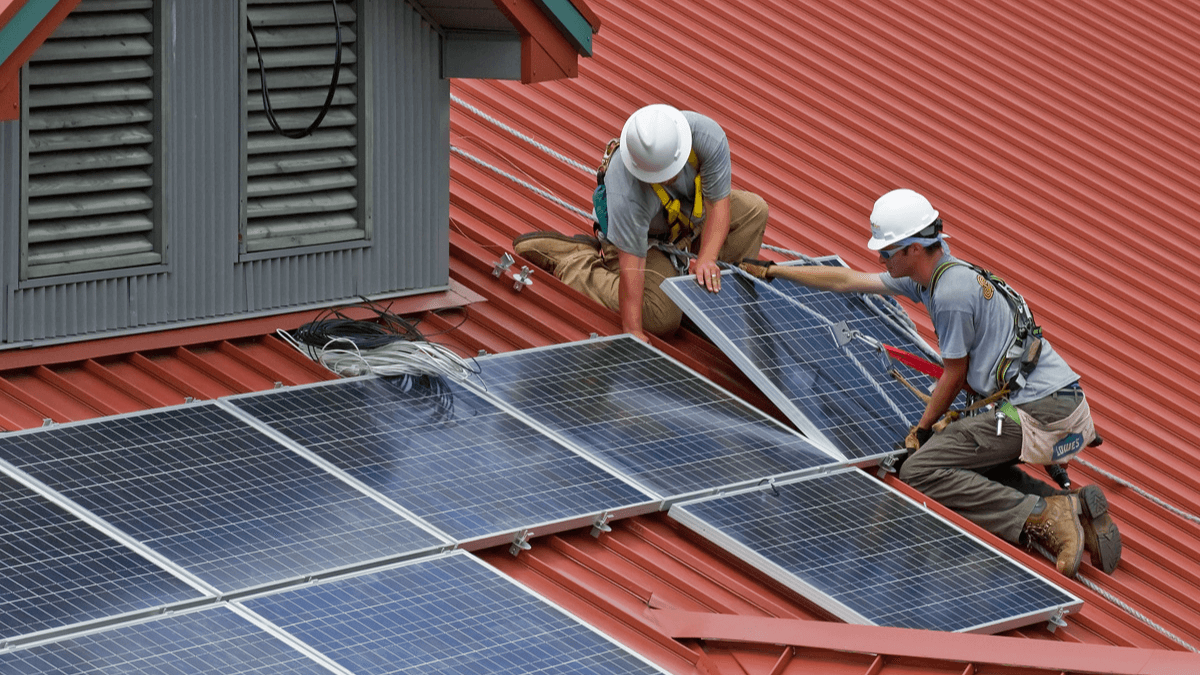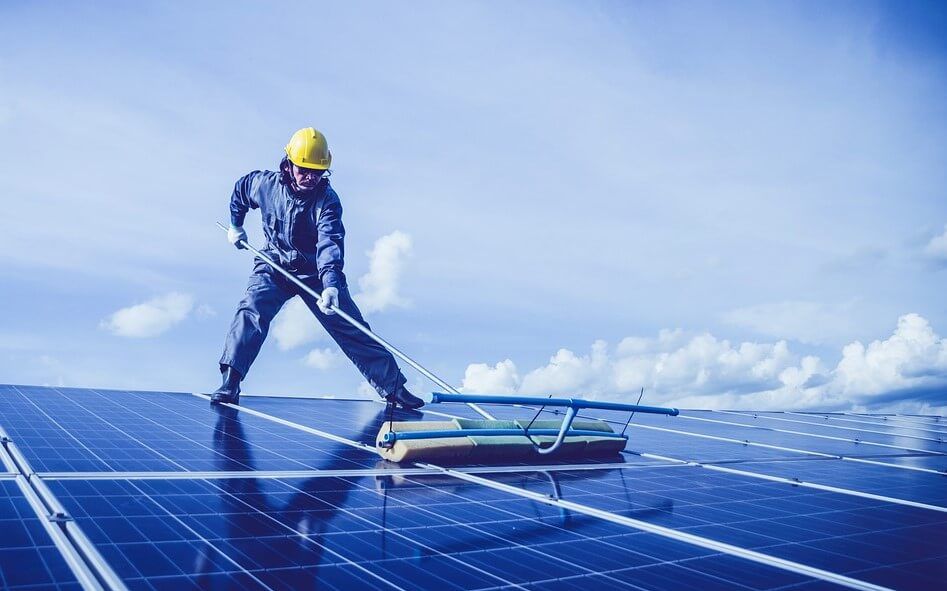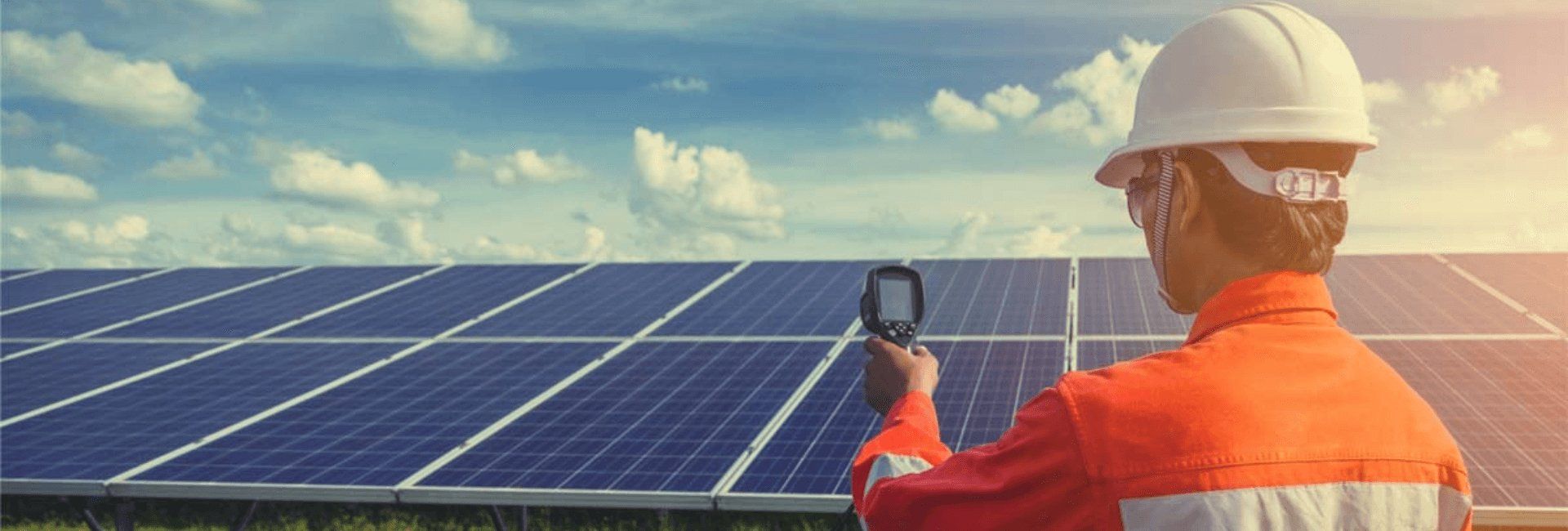Commercial Solar Panels in Perth
Commercial Solar Solutions by Perth Solar Power Installations
Amid rising energy costs and environmental concerns from traditional energy sources, more Australian businesses are turning to commercial solar solutions. Perth Solar Power Installations offers a viable route for businesses to transition to sustainable, cost-effective solar energy, thereby reducing carbon emissions and lowering energy costs.
Our commercial solar installations involve equipping commercial premises with solar panels to convert sunlight into electricity. These panels are designed to operate effectively in various weather conditions. As a reputable commercial solar installer, we have assisted numerous businesses, big or small, in tailoring solar solutions to meet their specific energy needs.
Investing in quality solar panels and energy management systems helps businesses reduce energy consumption and costs, while improving energy efficiency. Additionally, integrating commercial battery storage and power optimisers can enhance energy generation and maintain consistent power supply during peak usage periods.
Working with experienced installers is essential for businesses transitioning to solar energy. Our expertise helps businesses optimize energy usage, reduce energy costs, and contribute to a cleaner environment. Learn 3 ways solar energy can revolutionise your business
Key Takeaways of Commercial Solar Systems
- Commercial solar systems facilitated by Perth Solar Power Installations present a sustainable and economically viable alternative to conventional energy sources for Australian businesses.
- Our seasoned solar installers can assist businesses in designing and installing the most effective solar solutions, catering to their specific energy demands.
- High-grade solar panels and energy management systems can aid businesses in minimizing energy usage and costs while boosting energy efficiency.
- Adding commercial battery storage and power optimisers to solar systems can augment energy production and ensure a consistent power supply during peak usage times.
- Collaborating with experienced and reliable commercial solar installers is imperative to optimize energy consumption, lower energy costs, and contribute to a greener future.
Choosing the Right Commercial Solar Power System
Selecting a suitable commercial solar solution requires a thorough evaluation of various factors including the solar system's size, installation costs, energy requirements, and the brand of solar panels. It's crucial to collaborate with reliable and seasoned commercial solar installers to secure optimal solar solutions that align with specific business requisites.
When it comes to solar panels, businesses should prioritize brands that epitomize quality and durability. We recommend opting for solar panels that come with a warranty period of at least 25 years, as they exhibit a longer lifespan and necessitate lesser maintenance. Moreover, power optimisers can be provided to enhance solar power generation efficiency.
System Size and Installation Locations
Commercial solar systems are designed in various configurations to suit different spatial and energy requirements. The sizing of the solar system is driven by several factors including the energy consumption pattern of the business, available installation space, and budget constraints. The positioning of solar installations can be done on rooftops, parking lots, or open fields depending on the availability of space and the sun exposure of the site.
Understanding Installation Costs
The financial aspect of transitioning to solar energy is a significant consideration. While the upfront cost can be considerable, various financial incentives and models can help offset the initial investment.

